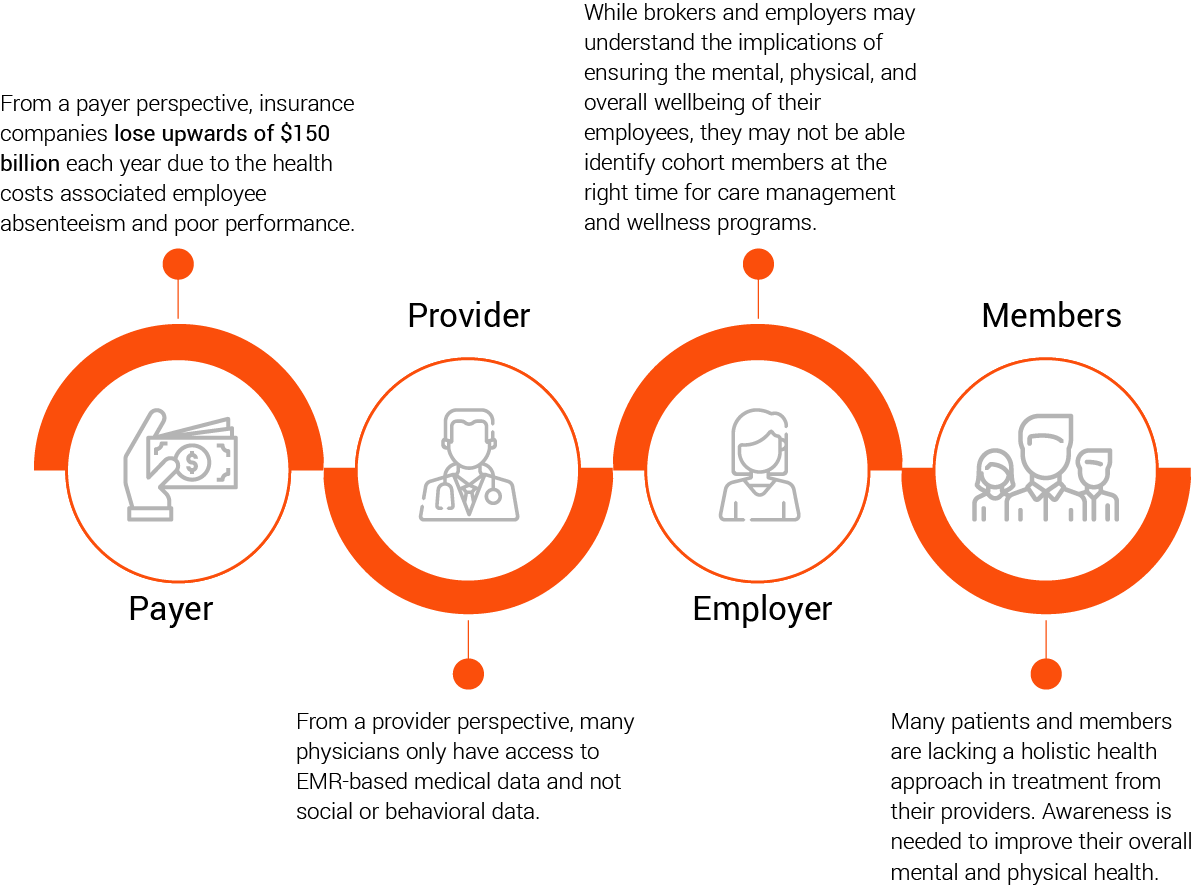Mental Health First Aid
Learn essential skills to provide initial support to people experiencing mental health challenges or crises. Become a certified first responder for mental health emergencies in your community.
Why Mental Health First Aid Matters
Mental health challenges affect 1 in 4 people globally. Learn to recognize signs, provide immediate support, and connect people with appropriate professional help.
25%
Of population affected by mental health issues annually
70%
Don't receive appropriate mental health support
40%
Improvement in outcomes with early intervention
85%
Of crises can be de-escalated with proper training
Early Recognition
Learn to identify early warning signs of mental health challenges, including depression, anxiety, psychosis, and substance use disorders.
- Behavioral change indicators
- Risk assessment skills
- Cultural sensitivity awareness
Crisis Intervention
Master de-escalation techniques and crisis response protocols to provide immediate support during mental health emergencies.
- De-escalation techniques
- Safety planning strategies
- Emergency response protocols
Community Connection
Build networks of support and learn to connect individuals with appropriate professional mental health services and community resources.
- Resource mapping skills
- Referral protocols
- Follow-up strategies
Comprehensive Training Modules
Our program is structured across three progressive modules, each building essential competencies for effective mental health first aid.
Foundations & Recognition
Build fundamental understanding of mental health conditions and develop recognition skills for early intervention.
Core Knowledge
- • Mental health vs mental illness
- • Common mental health conditions
- • Risk and protective factors
- • Stigma and discrimination awareness
- • Cultural considerations in Sri Lanka
- • Legal and ethical frameworks
Practical Skills
- • Observation and assessment techniques
- • Active listening fundamentals
- • Non-judgmental communication
- • Boundary setting essentials
- • Self-care for helpers
- • Documentation basics
Crisis Response & Intervention
Master crisis intervention techniques and emergency response protocols for acute mental health situations.
Crisis Management
- • Suicide risk assessment
- • De-escalation strategies
- • Panic attack response
- • Psychotic episode management
- • Substance use crisis intervention
- • Trauma-informed approaches
Emergency Protocols
- • Emergency service coordination
- • Family notification procedures
- • Safety planning development
- • Crisis hotline utilization
- • Hospital liaison skills
- • Post-crisis follow-up
Community Integration
Learn to build sustainable support networks and connect individuals with ongoing professional mental health services.
Resource Navigation
- • Mental health service mapping
- • Referral pathway development
- • Insurance and funding navigation
- • Community support group facilitation
- • Peer support program coordination
- • Professional networking skills
Program Development
- • Workplace mental health programs
- • School-based intervention design
- • Community awareness campaigns
- • Training program delivery
- • Policy advocacy basics
- • Outcome measurement tools
Real-World Practice
Gain confidence through supervised practice sessions, role-playing exercises, and community placements that prepare you for real-world scenarios.
Scenario-Based Training
Practice with realistic case studies and role-playing exercises that mirror actual mental health crisis situations you may encounter.
Community Placements
Gain hands-on experience through supervised placements in community mental health organizations, schools, and healthcare facilities.
Peer Learning Groups
Participate in supportive peer learning circles where you can practice skills, share experiences, and receive feedback from fellow trainees.

Who Should Enroll
This certification is valuable for anyone who wants to make a positive impact in their community's mental health and wellbeing.
Healthcare Professionals
Doctors, nurses, therapists, and healthcare workers who want to enhance their mental health response capabilities
Educators & Counselors
Teachers, school counselors, and educational staff who interact with students experiencing mental health challenges
Workplace Leaders
HR professionals, managers, and team leaders responsible for employee wellbeing and mental health support
Community Workers
Social workers, community organizers, and volunteers working directly with vulnerable populations
Family Members
Parents, caregivers, and family members who want to better support loved ones with mental health challenges
Concerned Citizens
Anyone passionate about mental health advocacy and creating supportive communities for those in need
Program Investment
Complete Certification
- 120 hours of comprehensive training
- National certification upon completion
- Comprehensive training manual
- Community placement opportunities
- Ongoing support network access
Flexible Payment
Group discounts available for organizations enrolling 5+ participants
Upcoming Cohorts
Weekday Program
9:00 AM - 1:00 PM
Duration: 3 months
Evening Track
6:00 PM - 9:00 PM
Duration: 3 months
Weekend Intensive
Sundays: 9:00 AM - 2:00 PM
Duration: 3 months
Maximum 20 participants per cohort to ensure quality interaction and personalized feedback.
Be the Help Someone Needs
Mental health challenges don't wait for convenient moments. Equip yourself with the skills to provide immediate, life-saving support when it matters most.
Next cohort starts July 28th • 20 students maximum • Group discounts available
Mental Health First Aid Training in Sri Lanka
Mental health awareness in Sri Lanka has grown significantly, yet the gap between need and available support remains substantial. Our Mental Health First Aid certification addresses this critical need by training community members to recognize mental health challenges and provide immediate, appropriate assistance until professional help is available.
The program emphasizes cultural sensitivity and local context, ensuring participants understand how mental health manifests within Sri Lankan communities and families. Students learn to navigate cultural stigma while providing compassionate, effective support that respects traditional values and modern mental health understanding.
Our curriculum integrates internationally recognized mental health first aid protocols with culturally appropriate intervention strategies. Graduates become valuable resources in their communities, workplaces, and families, capable of providing crucial support during mental health crises and connecting individuals with appropriate professional care.
The certification opens opportunities in healthcare, education, corporate wellness, and community service sectors where mental health awareness and crisis intervention skills are increasingly valued. Participants develop both personal resilience and professional competencies that enhance their ability to make meaningful contributions to community mental health.